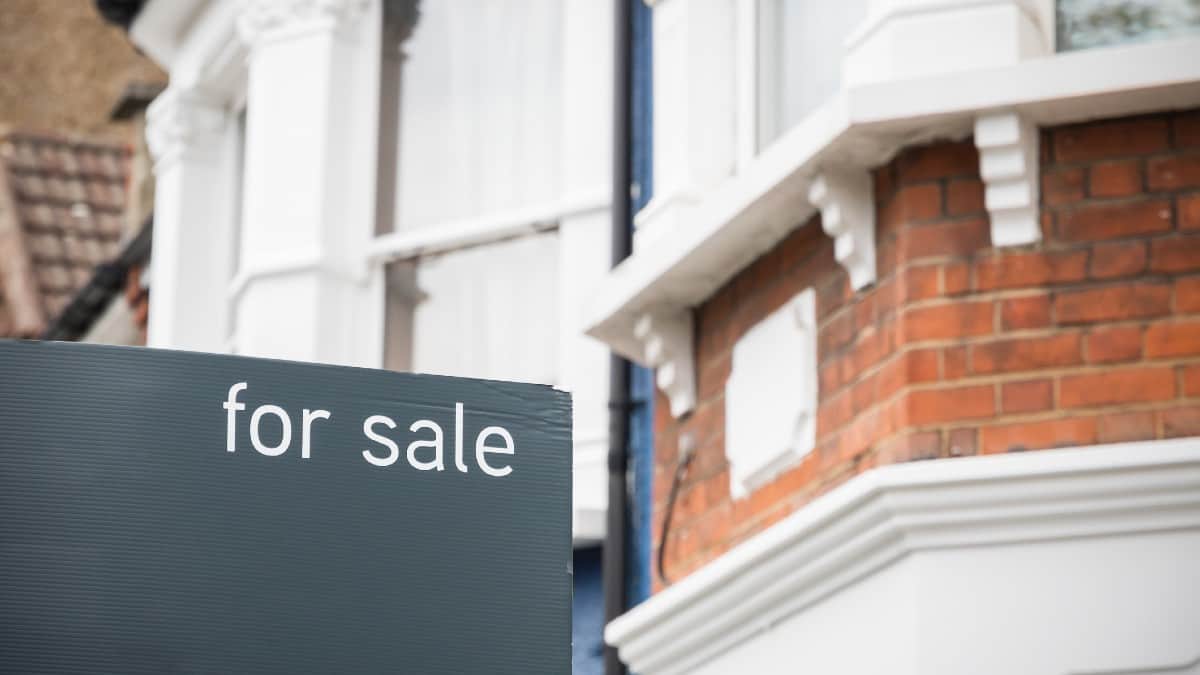House prices have been climbing higher and higher throughout 2021. But with the end of the stamp duty holiday, are we now seeing the housing market run out of steam?
The stamp duty holiday was introduced by the government to encourage activity in the housing market after the pandemic derailed it. And it did just that – prices have increased by 6.7% since the start of 2021.
On 30 June, the stamp duty tax break started to taper. So has this shift led to a downturn in house prices? Let’s take a look.
[top_pitch]
Stamp duty holiday changes: what’s different?
Up until 30 June 2021, buyers did not have to pay stamp duty on the first £500,000 of the purchase price of a property in England or Northern Ireland.
Rather than end the holiday abruptly and potentially cause a sharp downturn in the housing market, the government opted to taper the tax break. So from 1 July to 30 September, the threshold at which buyers have to pay stamp duty will be £250,000. Come 1 October, the threshold will return to the standard rate of £125,000.
Has this affected house prices?
The big fear was that the end of the stamp duty holiday would turn a housing boom into a bust. But so far, this doesn’t seem to be the case.
While prices haven’t dropped off a cliff edge, they have cooled slightly. Nationwide’s latest data shows that the average value of a home fell 0.5% to £244,299 in July. This was its first decline in four months.
However, to put this in context, pre-pandemic, the average price of a home was just over £216,000. So while we have seen a tail off, the housing market has still grown considerably in the last 18 months.
The end of the stamp duty holiday has caused a loss of momentum. But there are still lots of other factors that could help the market hold firm.
[middle_pitch]
What can we expect in the future?
The stamp duty holiday was one factor causing the red hot property market. But there are lots of other reasons why house prices could continue to climb.
Ultra-low interest rates and more competitive mortgage deals will make a difference. Banks are once again competing for customers, which has led to a mortgage pricing war and some ultra-low rate deals becoming available.
Household savings are also at an all-time high. The pandemic has meant people have saved on socialising, foreign holidays and commuting costs. And many are looking to put that extra money towards a house deposit.
Finally, there has been a shift in lifestyle for a lot of people. This means that buyers are looking for something else from the properties they view. More space and gardens are high up the priority list for a lot of buyers, and that seems unlikely to change any time soon.
However, there are still a lot of unknowns about the future. The end of the furlough scheme could leave many workers financially vulnerable.
Affordability is also a big issue. The ratio of house prices to household incomes has become increasingly stretched over the past year. And first-time buyers are struggling to save up big enough deposits, causing a barrier to homeownership.
The likelihood is that housing demand will be sustained throughout the next few months. But we will need to wait and see what happens towards the end of the year when the stamp duty holiday ends completely and the furlough scheme is no longer in place.







